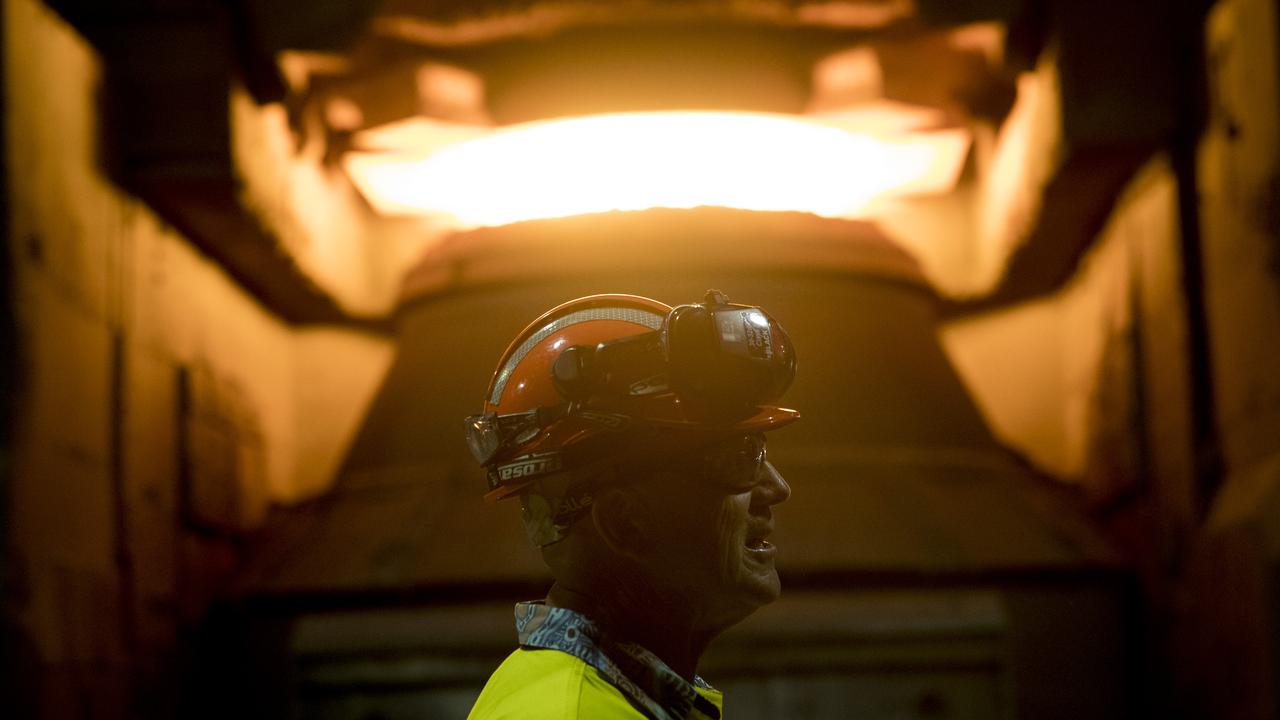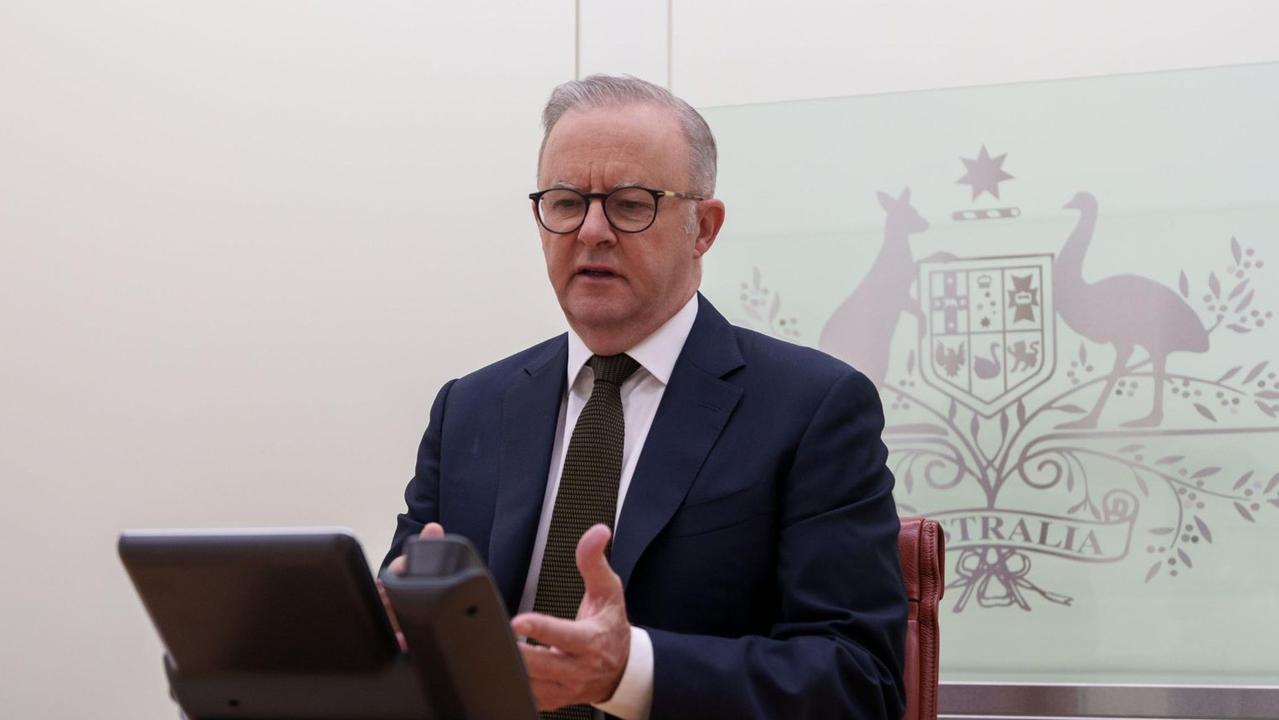Peta Credlin: National security is Scott Morrison’s trump card in the election
Peter Dutton saying exactly what he thinks on a subject that really matters — the threat from China — is a rallying cry for a government seeking a fourth term, writes Peta Credlin.
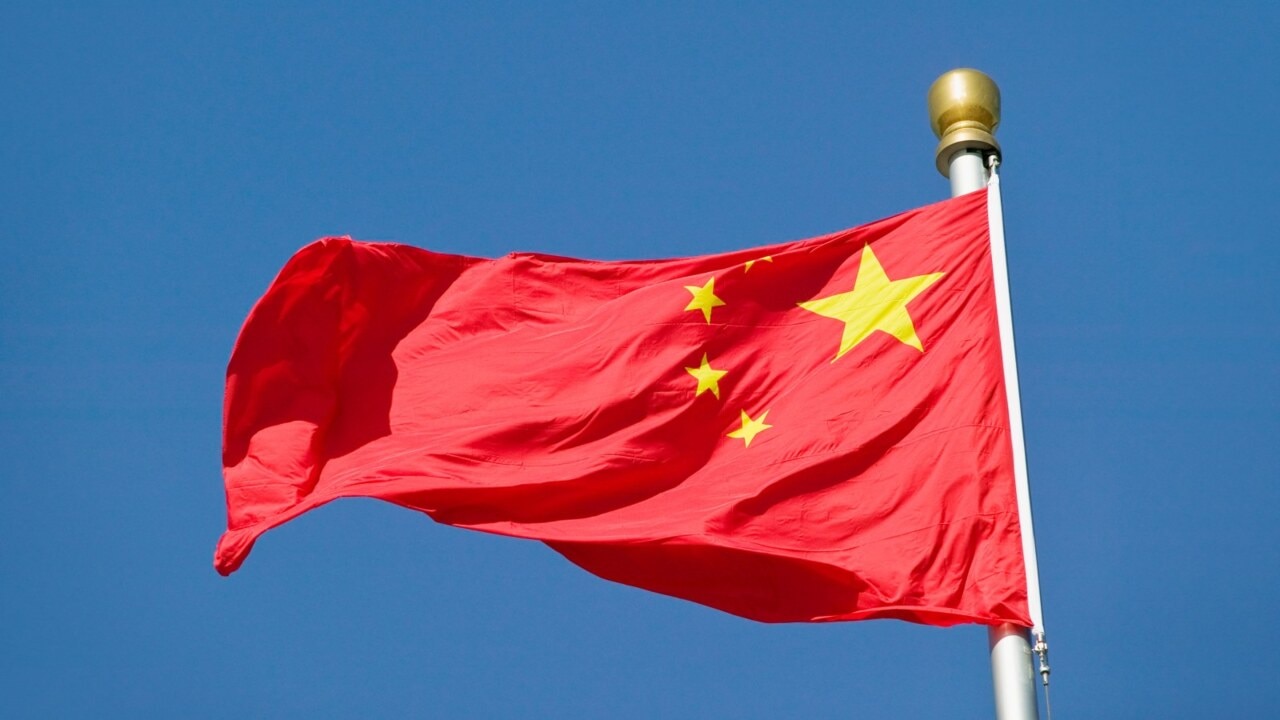
Opinion
Don't miss out on the headlines from Opinion. Followed categories will be added to My News.
After the most ragged week in this government’s history — other than the one that saw the Prime Minister elected following the implosion of his predecessor — it would be easy to discount the Coalition’s prospects. Easy, but wrong.
Backbench MPs crossing the floor and threatening to cross the floor make for bad headlines and will probably depress the next round of polls but won’t determine the next election.
Every election turns on voters’ judgment of which side will best deliver security and prosperity, and, on that score, the Coalition is likely (just) still ahead.
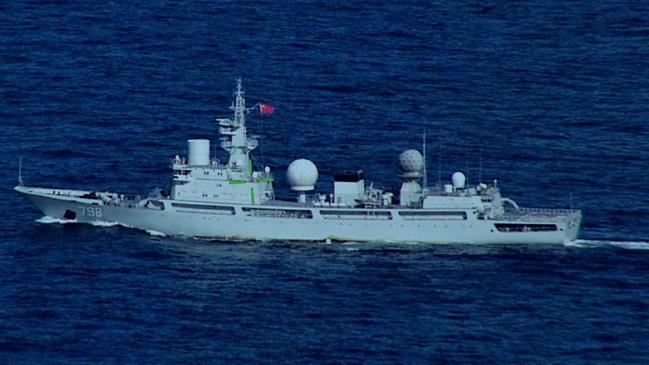
Voters aren’t mugs and understand that prime ministers can’t (and maybe shouldn’t) always control what their MPs do. What matters is the overall direction of the government and the commitment of all its members to its re-election.
Disunity only becomes dangerous when it goes beyond individuals’ unhappiness on particular issues and becomes a general disillusionment with the government as a whole.
Indeed, it’s quite possible to read conservative senators voting against vaccine mandates and leftist Liberals threatening to vote against religious freedom laws as proof that the Liberal Party remains one where people are free to speak their mind and, when their principles demand it, conscientiously dissent — unlike Labor where it earns you expulsion.
Certainly, that was the interpretation the PM put on it when he said on Friday that he was happy to let his party “breathe”.
The problem for the PM is not what his MPs do, it’s what he does — especially when what he does is at odds with what he says.
“I don’t lead a team of drones and warm bodies that I just move around in the parliament,” he said on Friday. He doesn’t do that because he can’t. What he is trying to do, though, is bypass normal party rules in NSW and parachute in his own hand-picked candidates without a democratic preselection.
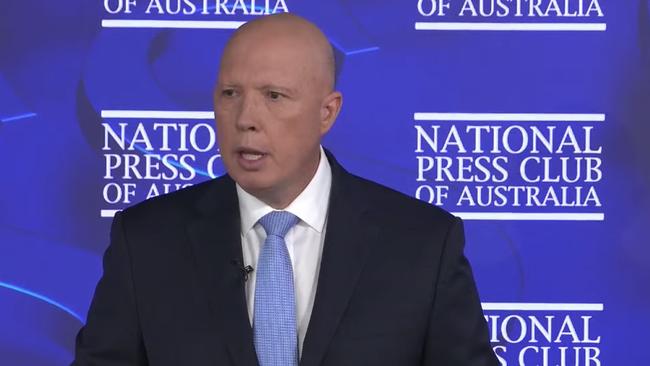
Scott Morrison’s NSW numbers man, Immigration Minister Alex Hawke, has reportedly been invoking the PM’s authority to delay preselections until it’s too late and candidates must be chosen by the state executive.
Again, this might not unduly worry most voters, who understand that leaders sometimes intervene to anoint star candidates. But Morrison’s previous pick, the outstanding Indigenous leader Warren Mundine, was given the wrong seat.
Another problem is that, after years of factional stage management, a members’ revolt inside the NSW Liberals led to changes in 2018 giving every bona fide party member a vote in preselections. The 1500 party members, who voted overwhelmingly in favour of plebiscite preselections at the 2017 Rosehill state party convention, could easily go on strike if party democracy is suspended as soon as it was meant to come into operation.
Being within striking distance of a win in the national opinion polls is not much use if the people who attend fundraisers and distribute how-to-vote cards have gone missing.
The fact that this issue blew up at the federal Liberal Party Executive meeting last week shows how serious it has become.
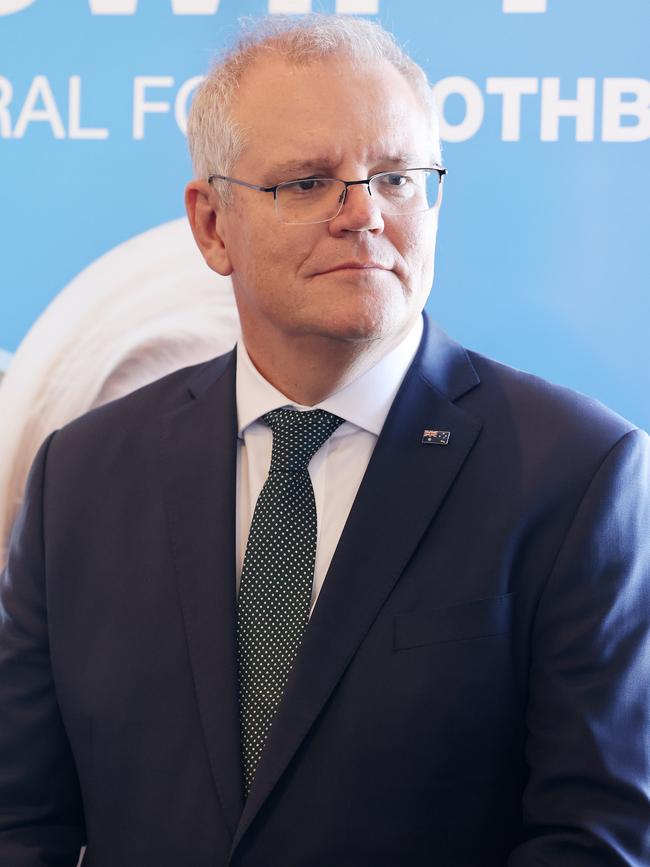
So far, in policy terms, this looks like an election where both sides are determined to “play safe”.
Anthony Albanese won’t repeat his Labor predecessor’s mistake of spooking voters with new taxes on retirees and investors. He’s likely to confine his climate commitments to legislating the government’s net-zero target and turning the government’s forecast 35 per cent cut by 2030 into a commitment.
He says he supports the AUKUS deal to acquire nuclear submarines, and is likely to wave through the religious freedom bill, if it makes it through the committee process to come to a vote in the Senate, with a promise to review it in government.
Classic small target, at least until he wins, and then all hell breaks loose and we see Labor’s “real” agenda.
For his part, Morrison has so far shied away from anything that’s likely to be contentious. He’s watered down the religious freedom bill and won’t seek to legalise nuclear power on land as well as at sea.
While Albanese is relying on the “it’s time” factor, Morrison is betting that incumbency will be the key in an election where no big issues are, yet, at stake.
Like Malcolm Turnbull in 2016, Morrison’s instinct is to mimic Labor because strategists tell him that conservatives have nowhere else to go. Except they do. There’s the cashed-up Palmer party pumping out anti-government ads, former Liberal premier Campbell Newman leading the Liberal Democrats, and One Nation claiming to represent forgotten people.
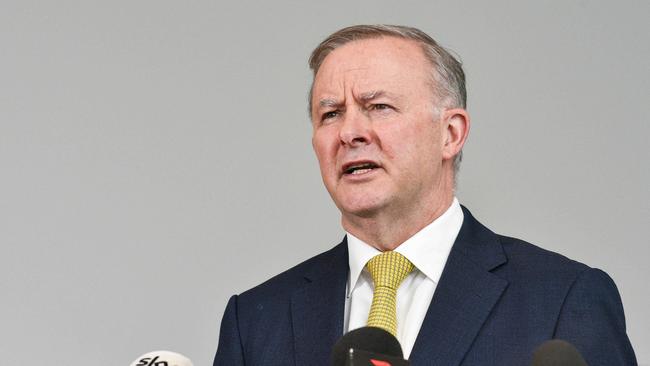
Last week’s parliamentary unrest is significant because it adds to the sense of a government unsure of its direction. In a close election, and with no seats to spare, the danger for Morrison is some conservatives deciding the Liberals need a term in opposition to rediscover what they believe in and, if enough feel that way, that’s precisely where they will end up.
That’s why Peter Dutton’s National Press Club speech on Friday was so important. It was a rare example of a government minister saying exactly what he thinks on a subject that really matters, without any concessions to political correctness.
It was precisely the rallying cry needed for a government seeking a fourth term. Who do you trust to stand up to Beijing’s bullying? Can you really trust Labor at a time when our national security situation resembles the dangerous years of the 1930s?
This could be the question that decides the election.
The challenge for the Prime Minister’s colleagues is to lift their gaze from their navels and refocus on what really matters — for the government’s sake, and our country too.
Watch Peta on Credlin on Sky News, weeknights at 6pm


